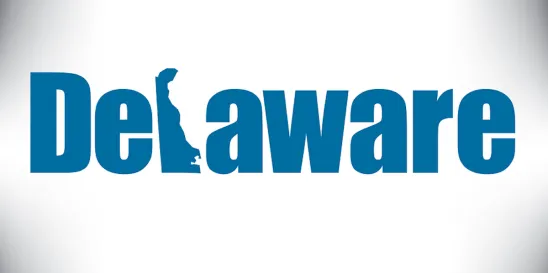On November 20, the CFPB, along with 11 state attorneys general and state regulators, entered into a stipulated final judgement and order with a Delaware-based company and two affiliated companies (“defendants”) in the education financing sector to settle allegations in violation of the CFPA, TILA/Regulation Z, and the FDCPA in connection with the defendants’ unlawful practices in originating, servicing, collecting, and enforcing income sharing agreements (“ISA”) (we have discussed ISAs in prior blog posts here and here).
In connection with its vocational training program, the defendants offered students ISAs to finance the cost of the program. After entering into ISAs with students, the defendants would transfer any non-performing ISAs to its affiliates for collection. As part of the joint complaint filed in an adversary proceeding against the defendants in the U.S. Bankruptcy Court for the District of Delaware, the CFPB and the states alleged that the defendants:
- Engaged in deceptive practices by misrepresenting its ISAs as not a loan and not debt, and mislead borrowers into believing that no payments would need to be made until they received a job offer from a technology company with a minimum annual income of $60,000.
- Failed to disclose important financing terms, such as the amount financed, finance charges, and annual percentage rates, as required by TILA and Regulation Z.
- Hired two debt collection companies to pursue collection activities on defaulted income share loans that engaged in unfair practices by filing debt collection lawsuits in remote jurisdictions where consumers neither resided nor were physically present when the financing agreements were executed. The complaint further alleges the two defendant debt collectors violated the FDCPA and the CFPA by deceptively inducing consumers into settlement agreements and falsely claiming they owed more than they did.
As part of the settlement, the defendants must pay $4.2 million in consumer redress, pay a nominal civil money penalty, cancel all outstanding income share loans, and permanently cease offering income share loans in the future, or any activities related to vocational education.
Putting It Into Practice: This settlement is not surprising since the CFPB and some states have taken the position of classifying ISAs as loans subject to state usurious interest rates as well as state and federal prohibitions against unfair and deceptive acts and practices, among other laws. Given the recent activity, companies offering similar financial products, including ISAs, should review this latest settlement agreement to see if their products, and how they are offered, may fall within similar regulatory scrutiny.
Skylar Stoudt contributed to this article.




 />i
/>i

